HUMAN RESOURCES AND MANAGEMENT RESEARCH STRATEGIC PLAN | TEACHING AND LEARNING
Learning to Lead Through Life
May 29, 2024 ·
Contributed by: Izabela Shubair, DeGroote Contributor
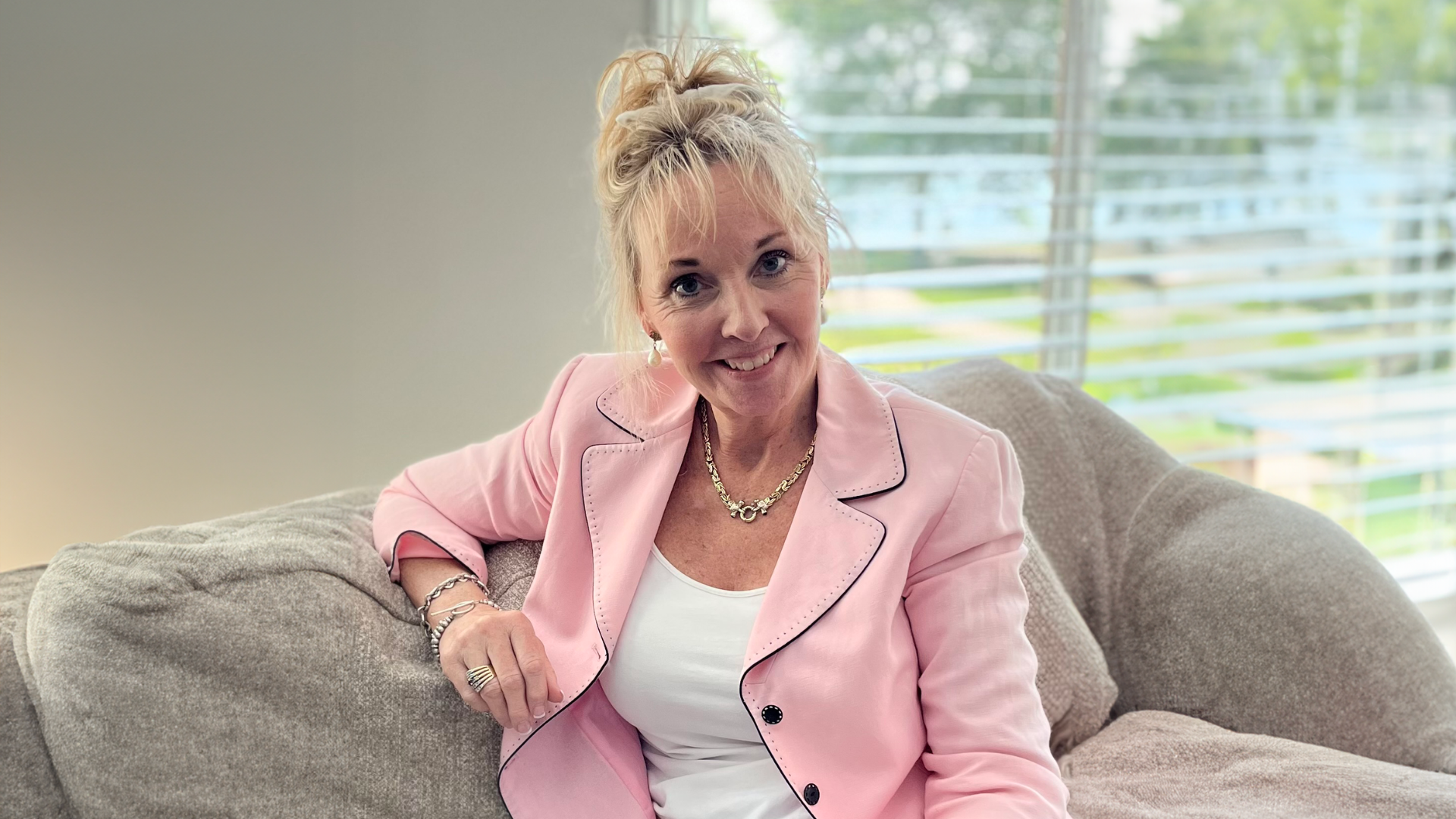
DeGroote human resources and management professor Teal McAteer’s journey to teaching transformative leadership started with a profound quote from her father. At the tender age of eight, he shared with her a piece of wisdom that would shape her understanding of leadership: “Maybe, just maybe, it’s not about becoming anything after all. Maybe it’s about unbecoming everything you’ve become so you can be who you were supposed to be in the first place.”
Today, McAteer’s pedagogy stands as a testament to the transformative power of her childhood lessons. It also serves as a guide for students, urging them to challenge conventional notions and redefine their understanding of leadership.
“The most important lesson in leadership education is that quote, the unbecoming,” McAteer says. “It’s saying, ‘To be a true leader, first and foremost we need to ask: Who am I? What parts do I need to unearth in order to make lasting change in the desired directions? Then, if you can authentically lead with humility, transparency, and a willingness to be agile and flexible, imagine the impact you can have on other humans. To me, that’s leadership.”
Creating a Transformative Learning Experience
McAteer’s approach to leadership education is rooted in the theory of transformative learning which was originally developed by Jack Mezirow. This unique method identifies and alters unhealthy, ineffective and unproductive thoughts and behaviours. It requires learners to turn inwards to critically examine their beliefs, behaviours and the concept of self.
Before bringing transformative learning to the classroom, McAteer employed it in her career as a leadership coach. For years, she has coached fallen executives through their lowest points to successfully emerge from the other side of change.
“These ‘fallen executives’ whole lives have been about their title, their form identity,” McAteer says. “If you stay in just that world, you’re missing a deeper piece. Ask someone, ‘Who are you?’ Most will say, ‘My name is John, and this is my job title.’ No, those are your labels. I had a client tell me recently, ‘I am courage, I am inspiration.’ That’s deeper wisdom. Your higher purpose comes when you dabble deep within yourself as opposed to staying at a surface level and only define yourself by labels.”
In today’s post-COVID, rapidly evolving, and increasingly digital business world, transformative learning is profoundly important. That’s because today’s leaders, McAteer says, must be agile, comfortable with the unknown and wise. To attain these characteristics, leaders must dig deeper. The transformative learning design of McAteer’s Leadership Development course is meant to encourage students to better understand who they wish to be as leaders in life, personally and professionally.
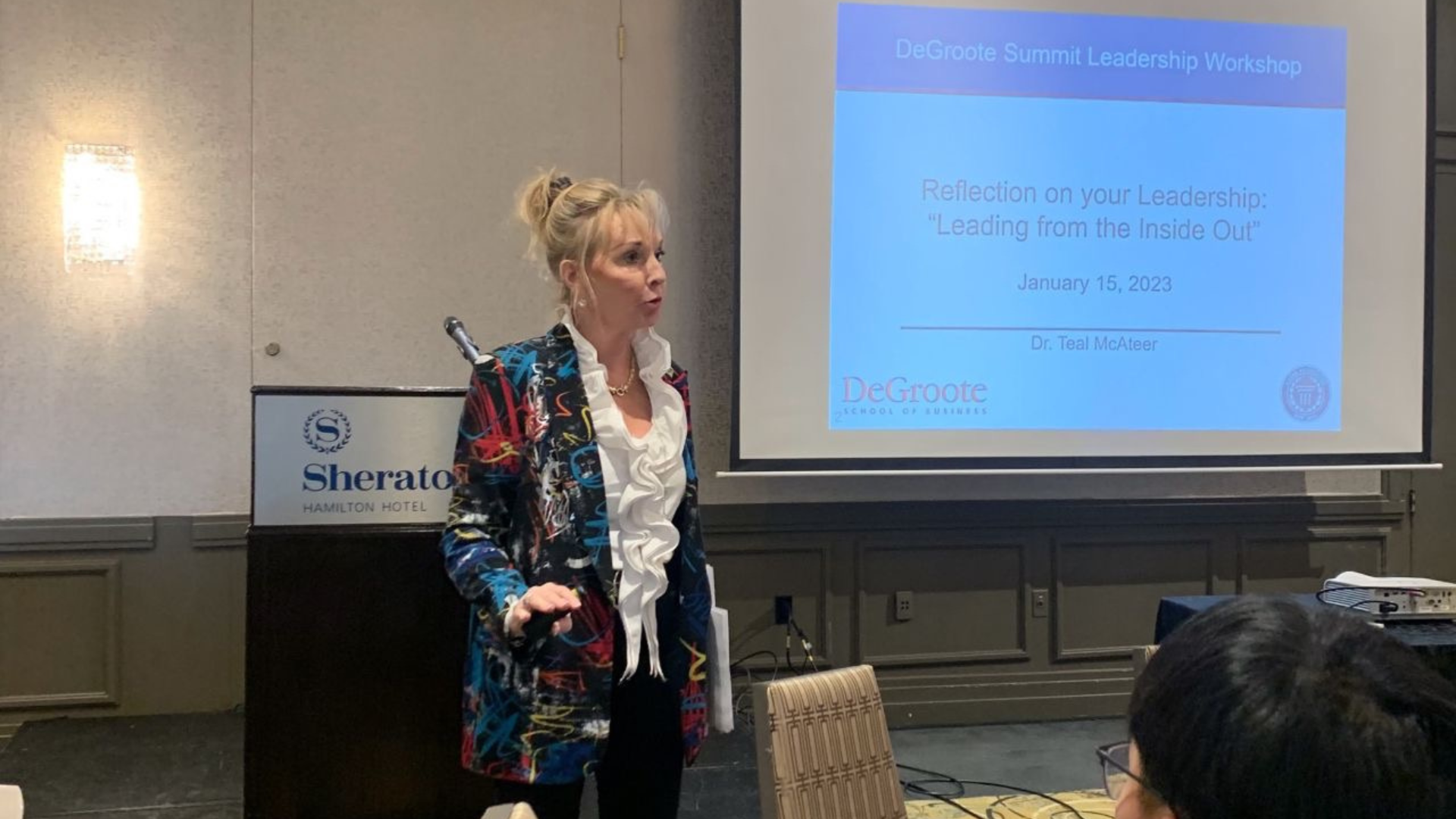
“Shifts are producing pressures that require wisdom, not intelligence,” she says. “Wisdom is key because when people hear the word wise, they think intelligent. Artificial Intelligence is intelligent, but AI will never be able to produce wisdom. And wisdom is what human leaders need today. Wisdom comes from a core consciousness that goes beyond the past ways of learning. So, I think there’s a really important ground for which I start in business education, and that’s, ‘Are you just doing things correctly in your life — hiring, performance managing, firing — correctly? Or are you doing things that are brave, outside the box, disruptive, agile in directions that maybe aren’t the norm, but there’s a wisdom there for the future?’ That’s the notion of doing the right things, not always doing things right.”
To bring concepts to life, students in McAteer’s course engage by unlearning, practicing new ways of being and relearning. The process, she says, involves putting students through transformative learning experiences (TLEs), which require them to identify unhealthy thinking and behaviours, analyze, reflect, journal, process and then build a plan for change. Effectively, these TLEs strip down old unproductive ways of thinking and being and rebuilding new ones.
“The self-reflection piece is imperative and requires vulnerability, the ability to open up, bravery and courage,” McAteer says. “It requires you to look at what is working and not working in your life. This is about how you choose to lead your life, not manage it. Managing is just doing what your parents, teachers or partners tell you. Leading is: Are you really stepping out to learn the wisdom of who you are and then being brave in how you walk forward? When you’re long gone, what do you leave? It’s not the car you drove or the house you lived in. It’s your impact, who you touched.”
Fostering Personal Connections
A transformative learning approach to leadership education doesn’t just require bravery from learners. It also calls on McAteer to be vulnerable and humble as she helps them unearth their unhealthy patterns of thinking and behaving. By reassuring students that they are on the exploratory journey together, McAteer is able to connect personally with her students.
“I’m no better or different than they are, and we’re doing this together,” says McAteer of her students. “There is no right or wrong. It’s more about depth, health, productivity and becoming more effective. I’m helping them discover, like an archeological dig, the things that are killing them, the things that are not working, why they are not communicating effectively, why they are not resolving conflict in a way that leads to really positive solutions. You almost have to break down to break through in this stuff.”
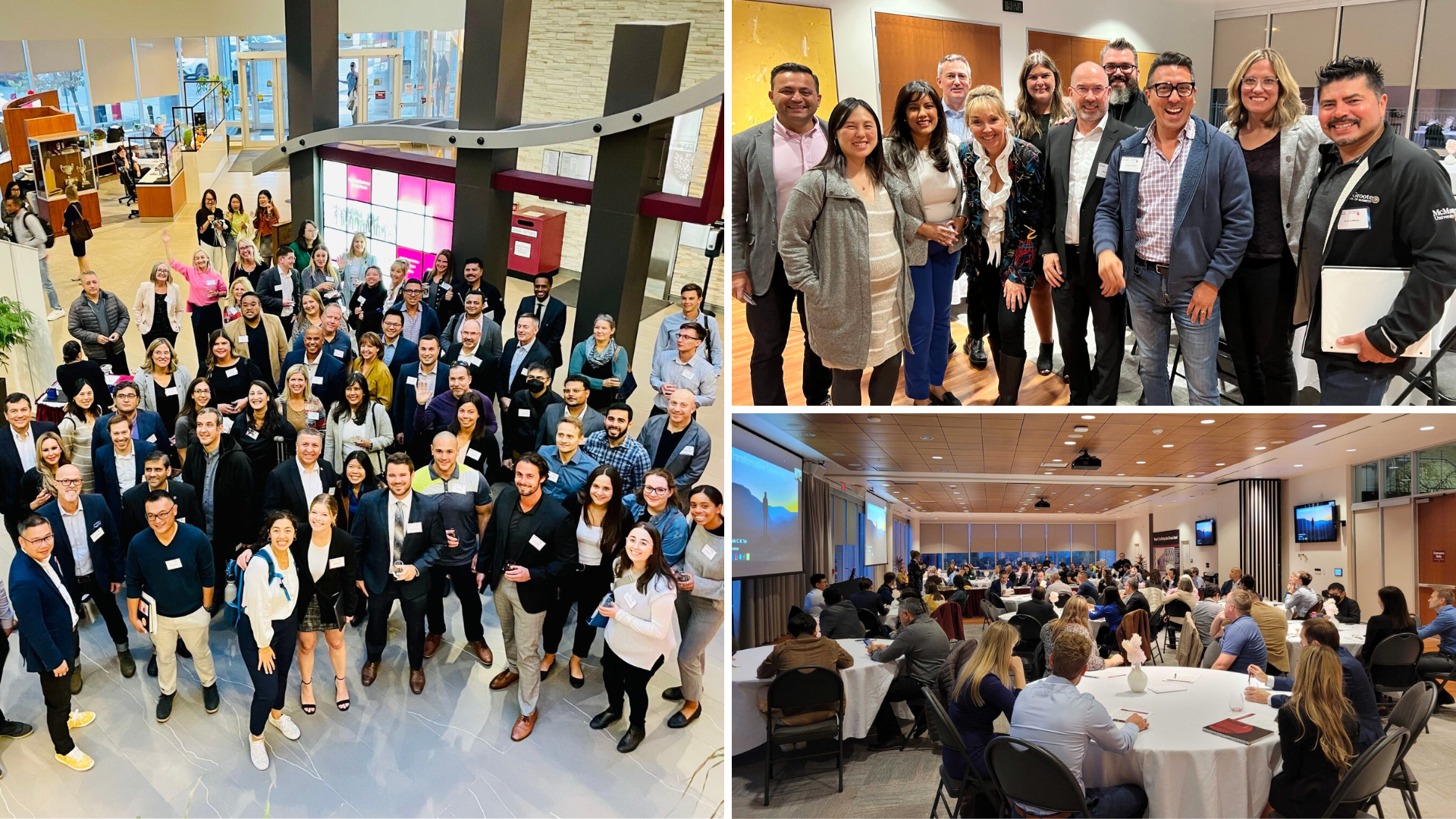
To foster further connections that allow students to journey inward, McAteer has reached out to alumni who have taken the same transformative leadership course with her in the past. They willingly want to pay their learnings forward by coaching current students. These coaches bring with them not just what they learned but also industry experience – an ideal combination. McAteer says. “These young students are very lucky to have alumni as coaches. McAteer has dubbed the reciprocal mentor-mentee outreach process the Transformative Leadership Circle (TLC).
“Some of my favourite pieces of feedback from past students include statements such as: I finally found who I am. I became the real me. I became a better person personally and professionally.” McAteer says, “They’ve awakened. They’ve become more alive. They’ve become more authentic. They’ve changed how they choose to lead their lives personally and professionally.”

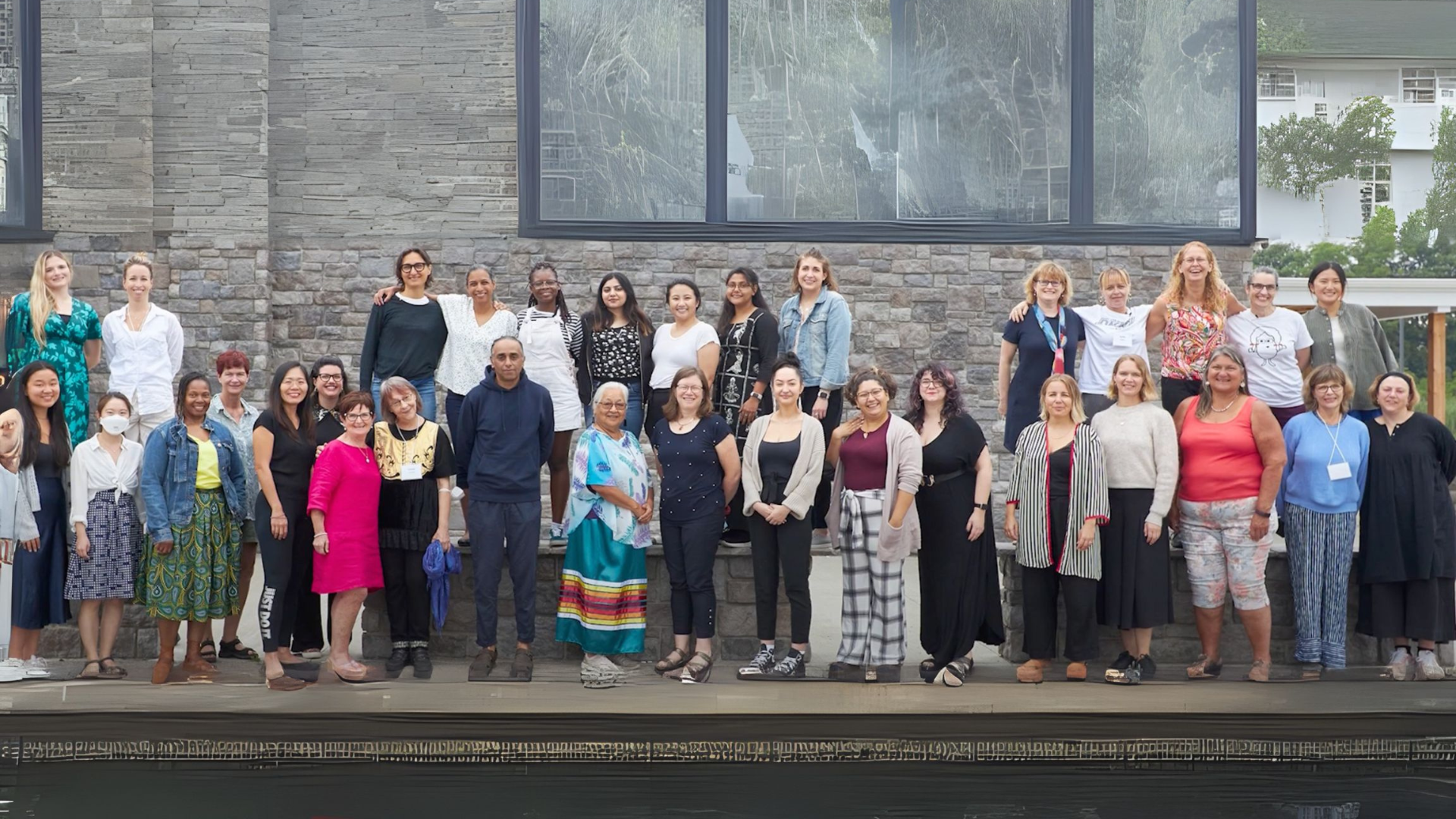
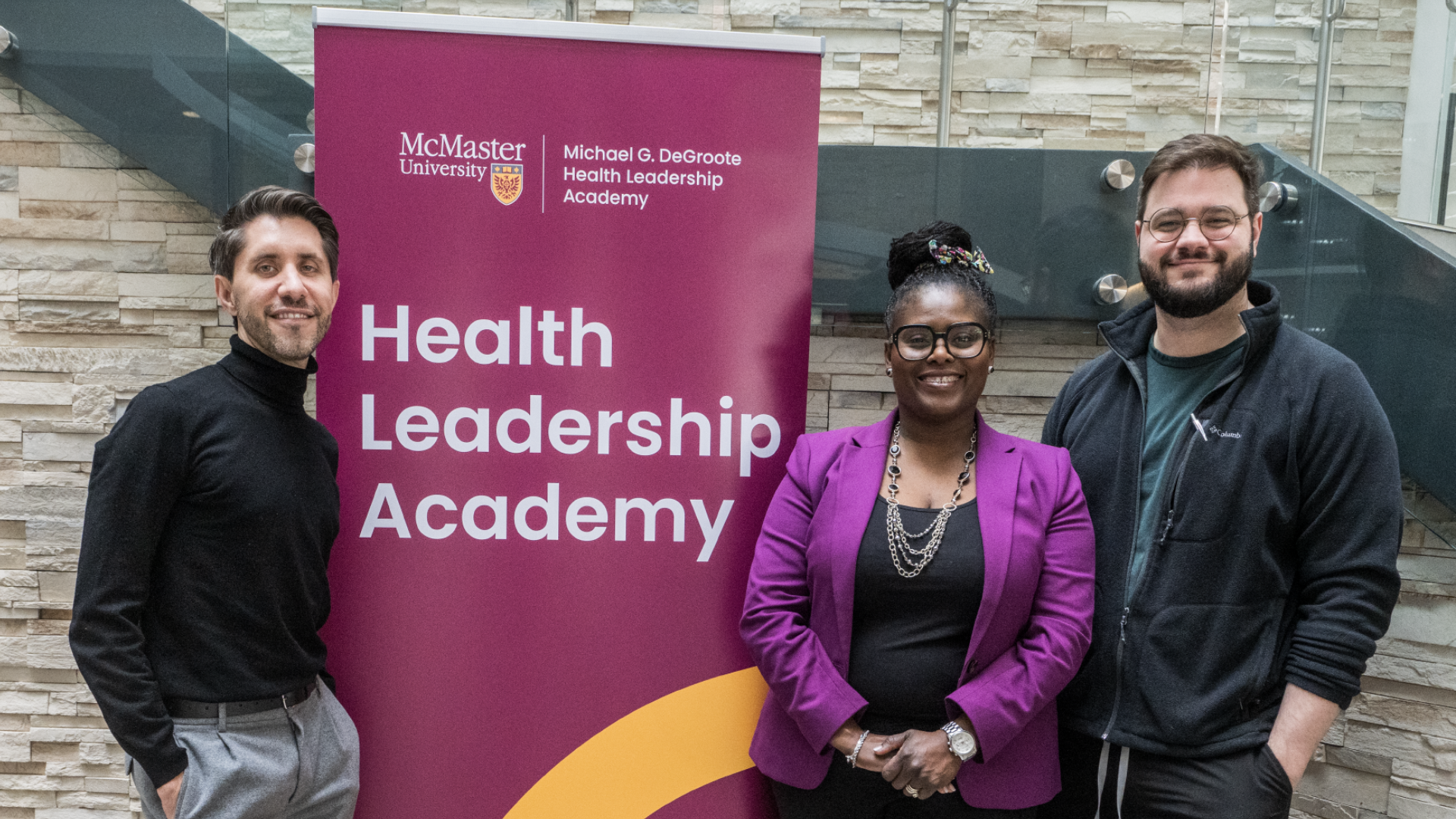


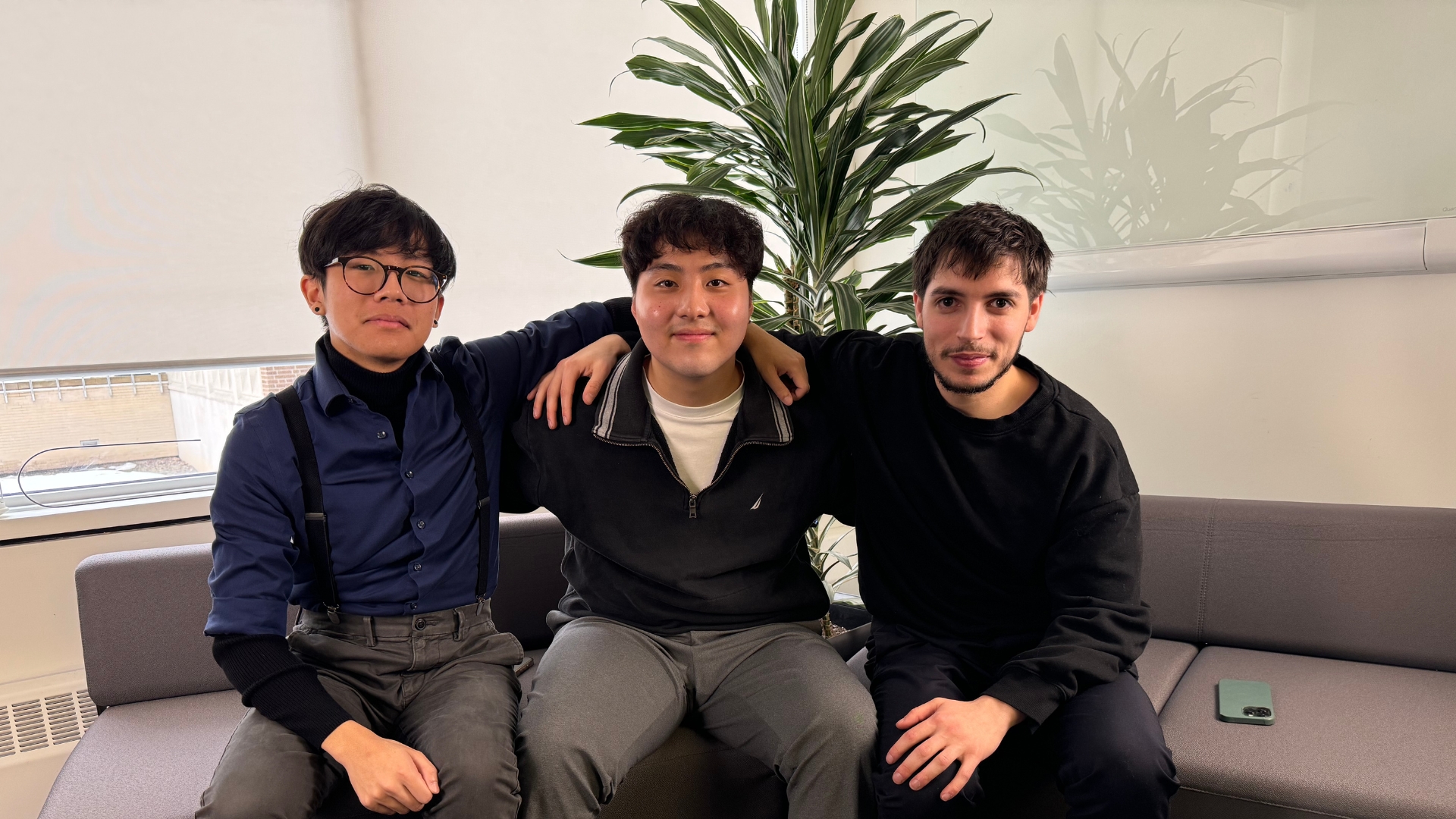

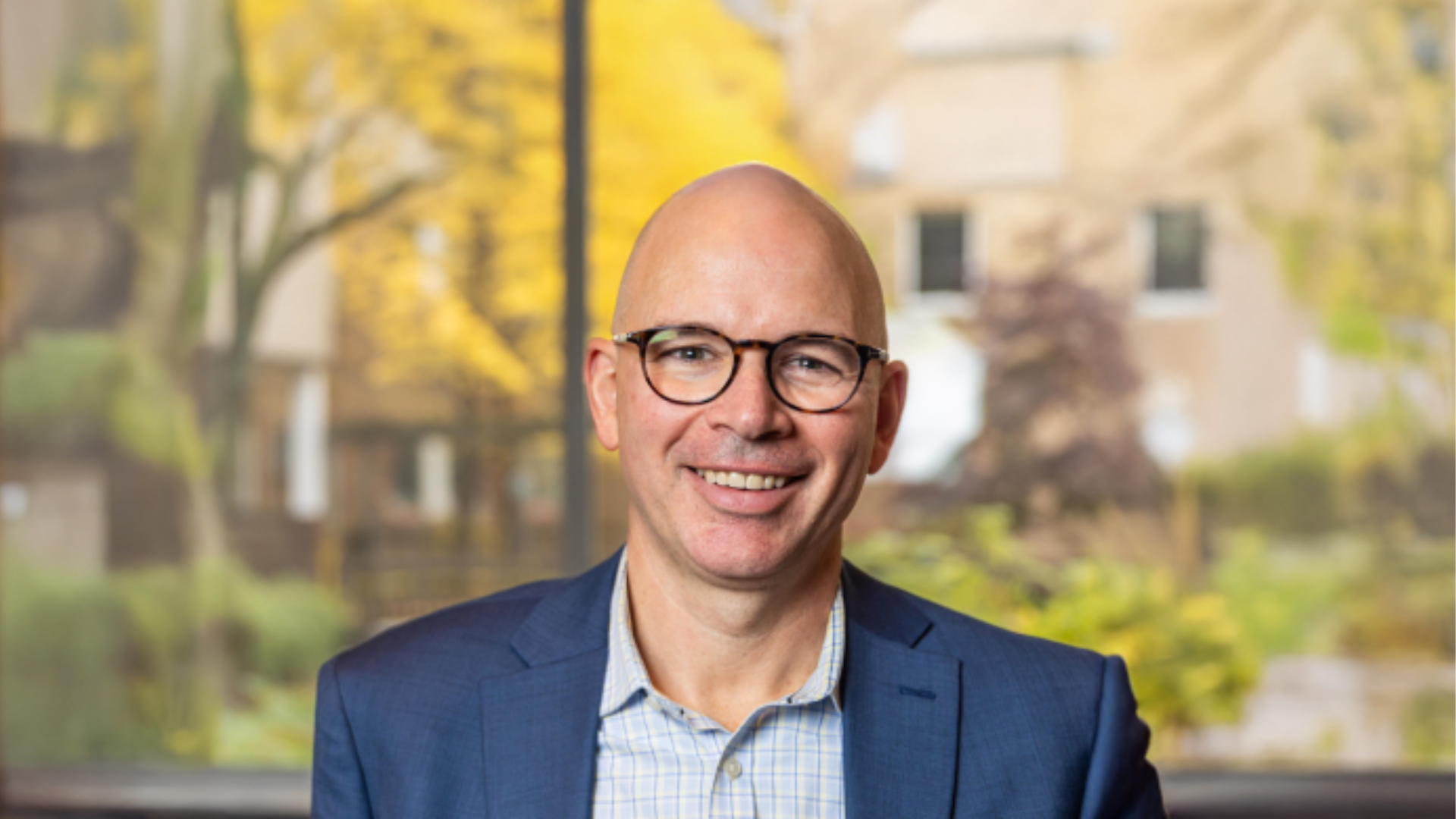
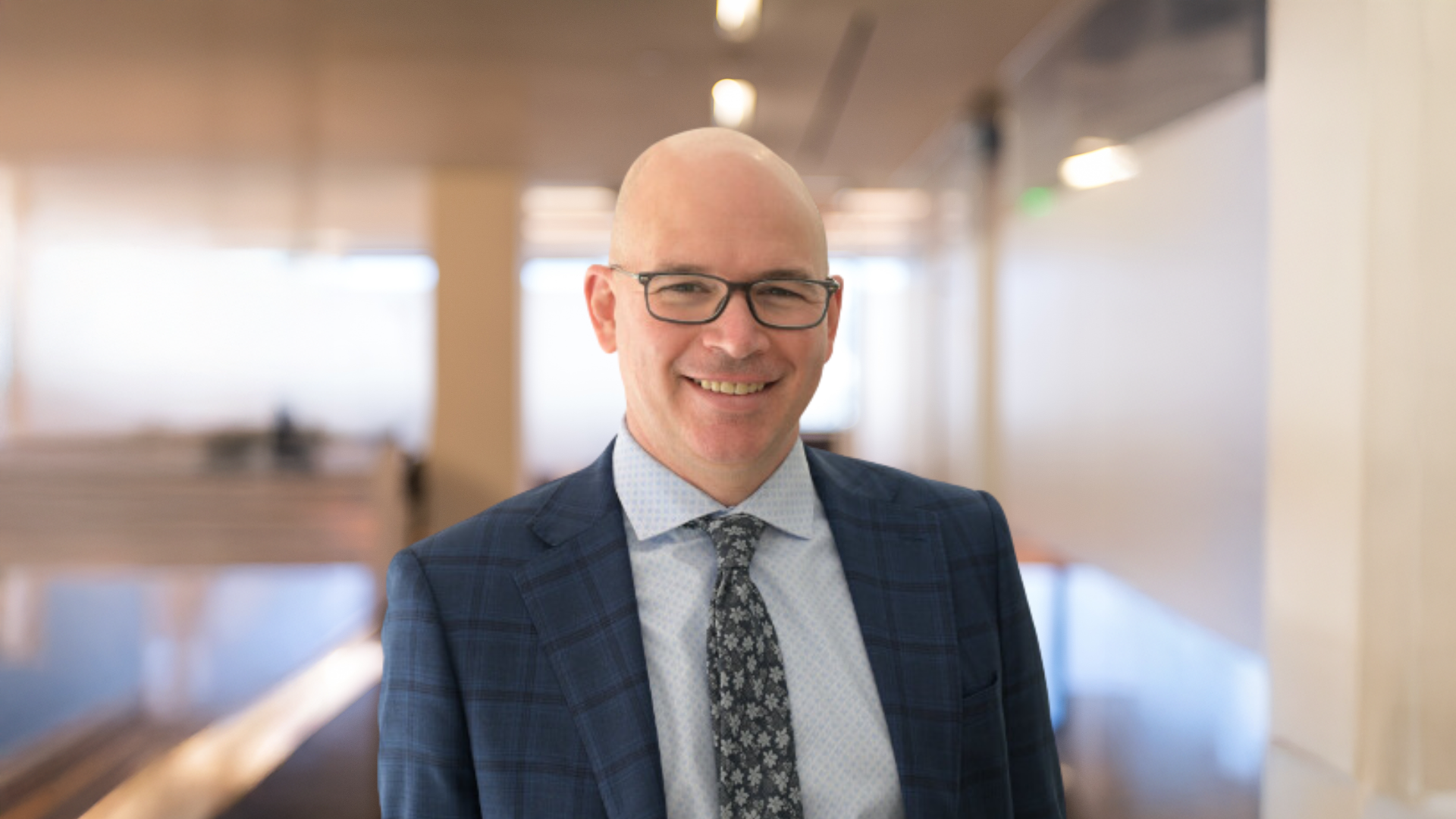
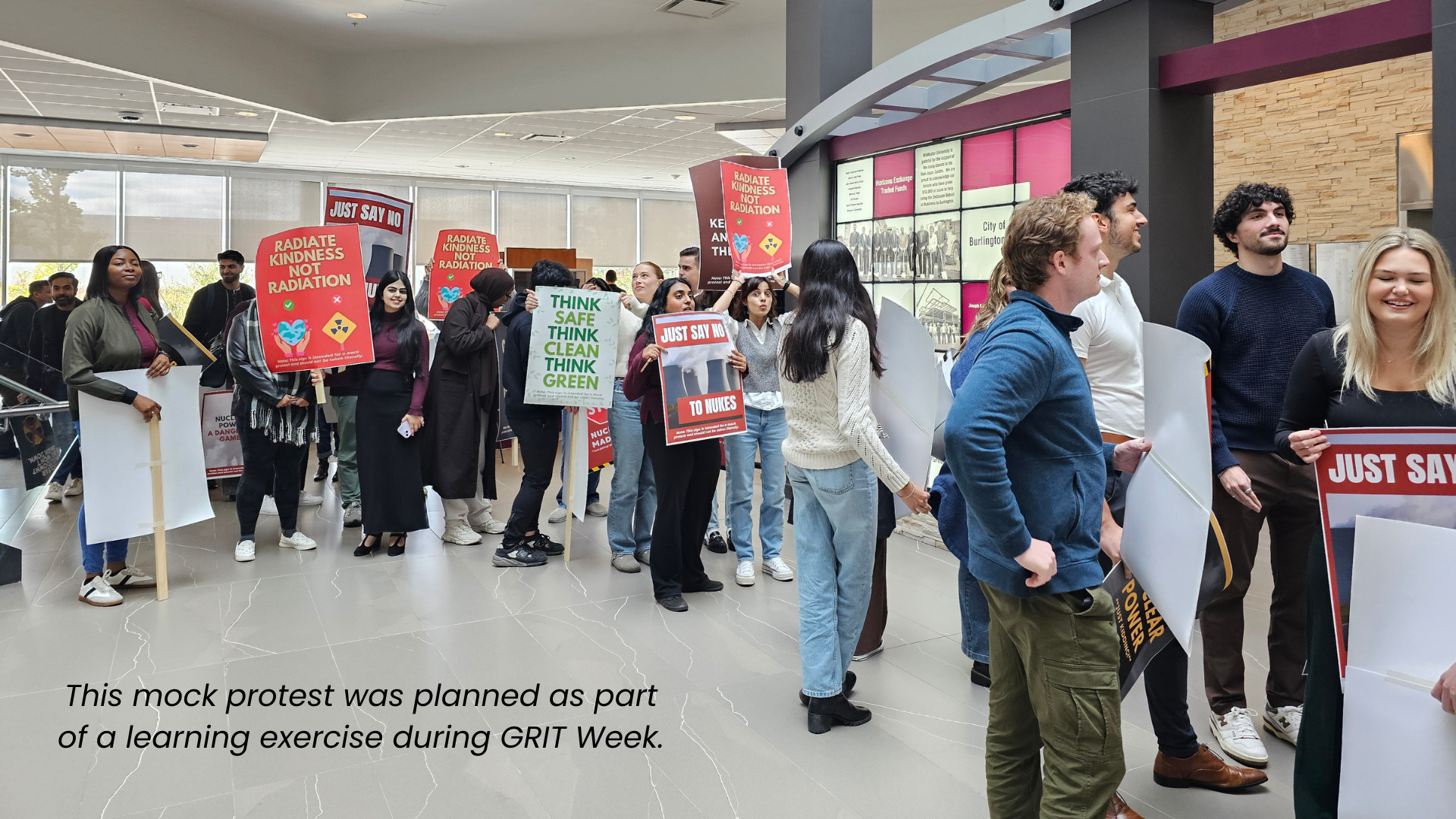



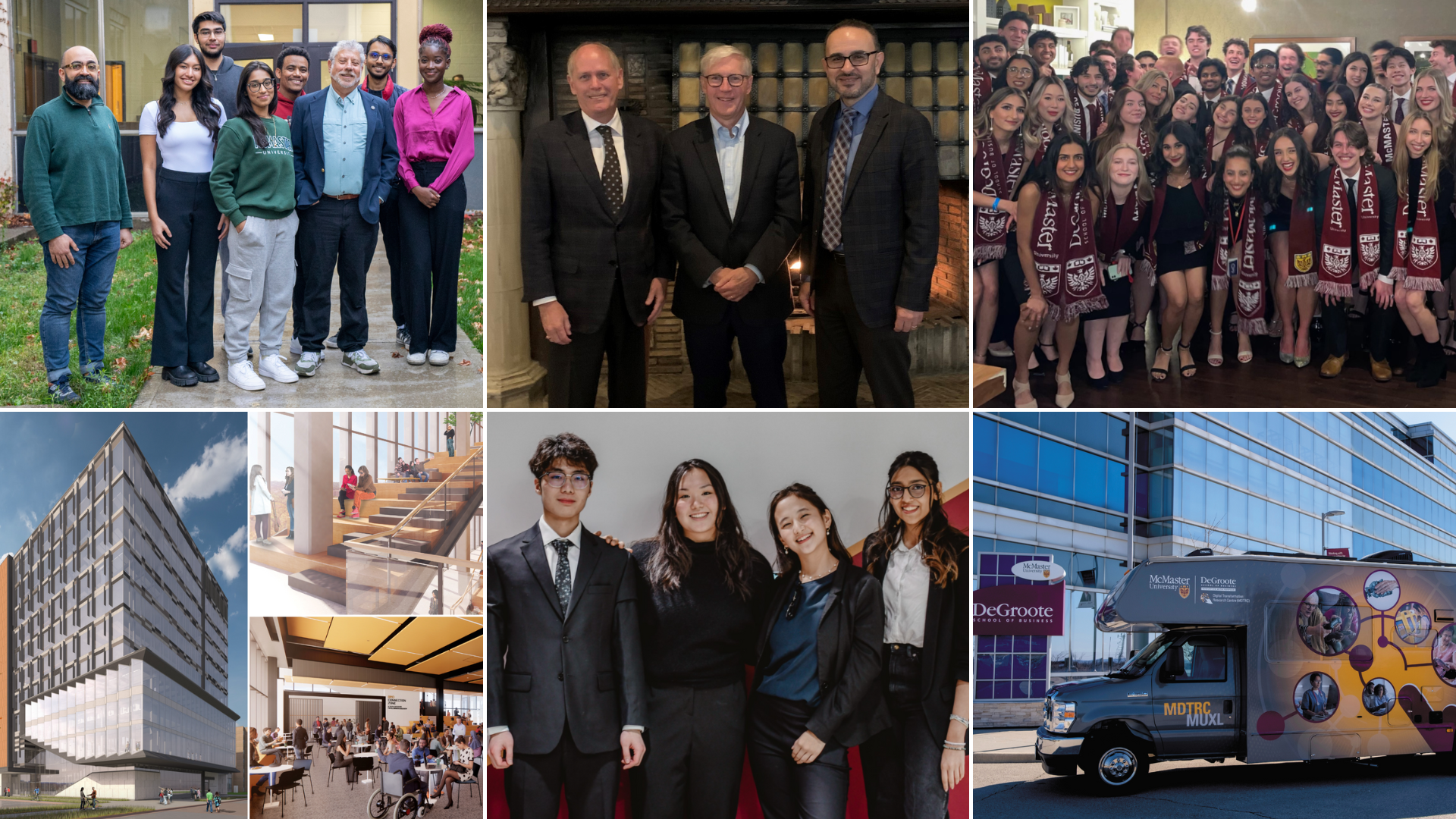

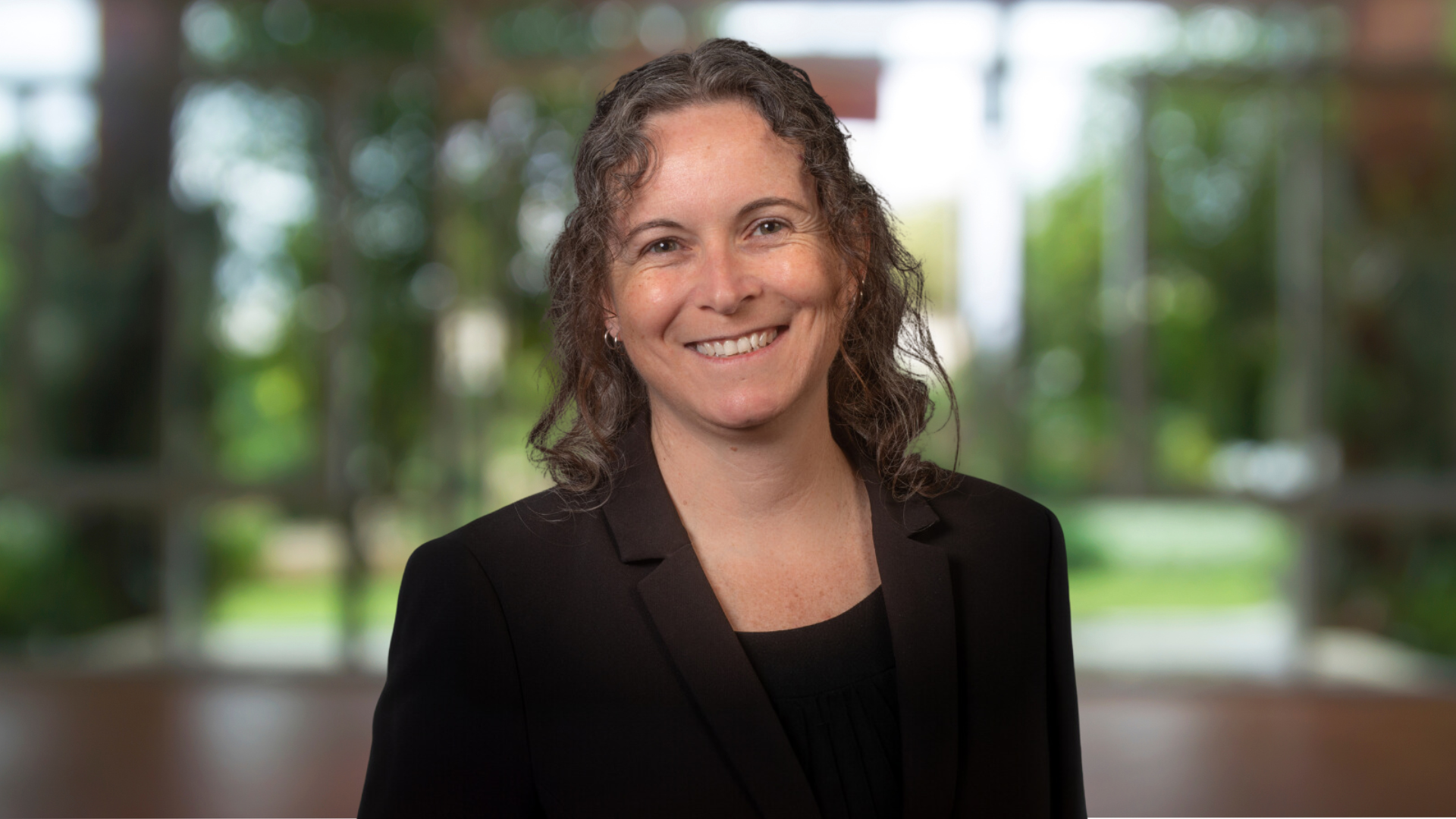
Thanks Dr. Teal. I’m going through a rough patch with church & work. As I am talking time off to reflect, this article helped me remember my job title etc.. are not my labels. I’m going to go back and review my TLE and teachings from your class & Oct ‘23 leadership circle.
Thank you,
Have a great Summer,
Steven Frits
Great to hear from you Steve — wonderful idea to take some time for reflection. Would you be open to scheduling a chat to recalibrate and process through your “RNT” ( Right Next Things)?
Dr. T